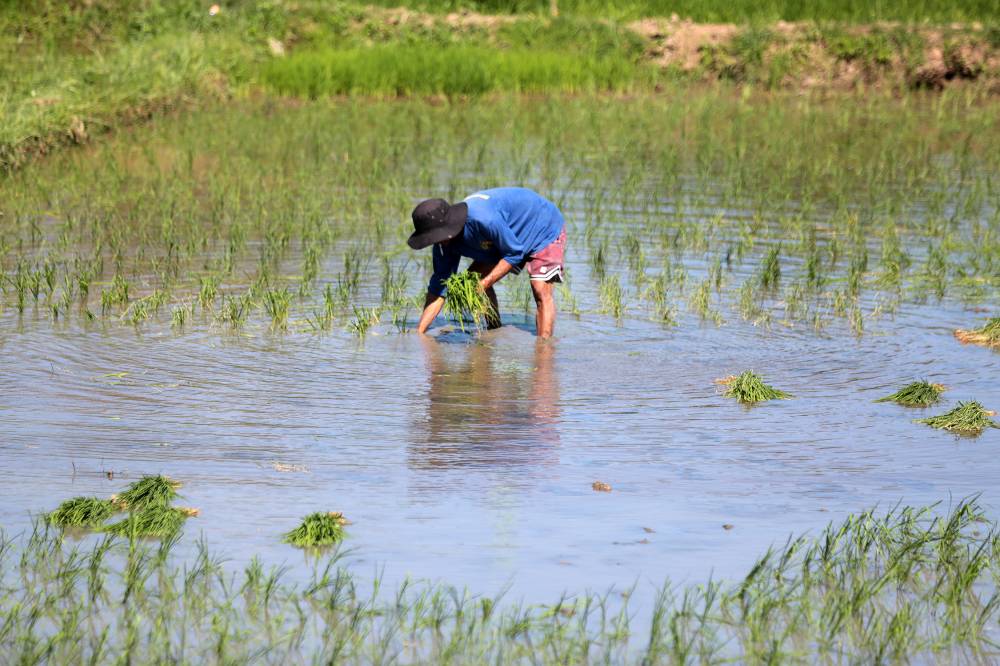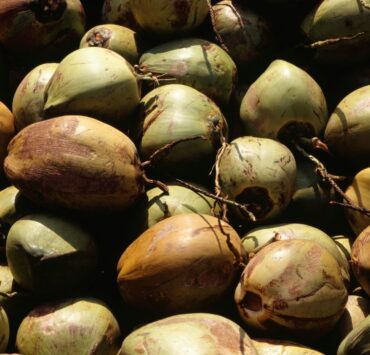Opposing possible hike in Trump tariffs on agri

Amid negotiations over tariffs, we should not agree to any increase in duties on our agricultural goods by the Trump administration.
If we give in, then we will face a disaster.
This was the position taken by the AgriFisheries Alliance (AFA) on April 25.
AFA is composed of coalitions representing three key agriculture sub-sectors: Alyansa Agrikultura for farmers and fisherfolk, Philippine Chamber of Agriculture and Food Inc. (for agribusiness), and Coalition for Agriculture Modernization in the Philippines for science and academe.
Trade positions
AFA previously supported the agriculture sector by submitting six conditionalities necessary for the ratification of the Regional Comprehensive Economic Partnership (RCEP).
Fortunately, these conditionalities were approved by the Senate, and were officially included in the RCEP agreement.
When the Trump administration announced a 17-percent tariff on all products coming from the Philippines, the AFA moved immediately to formulate a position our negotiators could consider.
Consultations were held with leaders from different groups, including farmers and fisherfolk. One was the Pambansang Kilusan Ng Samahang Magsasaka, which has 75 organizations in 36 provinces. Another was the Bayanihan sa Agrikultura, with 98 agriculture-related nongovernmental organizations.
The AFA then formulated the following position on April 25:
1. The AFA fully supports the Department of Agriculture (DA) in its commendable work for the Trump tariff negotiations. DA should now be a main negotiator, equivalent to the role of the Department of Trade and Industry . In the past, agriculture was sometimes given less priority than industry. Agriculture issues are specially important now for the coming tariff negotiations.
2. A main objective of the proposed Trump tariffs is to achieve a better international trade balance. In 2024, US imports were $4.1 trillion, compared to its $3.2 trillion in exports. The US imported one-third more than what it exported. Consequently, increasing tariffs would decrease exports, with a resulting lower deficit.
3. However, for US-Philippine agriculture trade, the US has an enormous trade surplus with us, rather than a deficit. AFA fully supports the Federation of Free Farmers (FFF) in its statement that the Philippines imports two and a half times what it exports to the US. There is therefore no need to decrease Philippine agriculture products with higher tariffs because there is no US trade deficit to solve in this area.
4. For products where the proposed 17-percent tariff will be lower than our current tariffs, this will be welcome. But increasing the lower tariffs for our other products to 17% is not only uncalled for. It will also be disastrous.
5. The Philippines is an ally of the United States. The US should not penalize Philippine agriculture exports with a uniform 17-percent tariff that will harm millions of small farmers and fisherfolk.
6. An example is increasing the 5percent coconut tariff to 17%. This will harm 3.5 million coconut farmers in 69 out of our 82 provinces. Another proposal is to have an immediate 0-percent reciprocal tariff for both countries. This is equally damaging.
Our corn with its high costs cannot compete against US low cost corn with 0percent tariff. Our 1.6 million corn farmers cultivating 2.5 million hectares have no alternative livelihoods. This will worsen our current 30-percent rural poverty rate, which is now already six times that of Vietnam’s 5 percent.
7. To guard against this and future possible shocks, our government should now place more emphasis in developing our agriculture . For the last decade, agriculture has received an average of 2 percent of our total budget, compared to Thailand’s 4 percent and Vietnam’s 6 percent. We must increase this budget, and ensure that this is not lost to corruption and waste.
8. We must strengthen our border controls to minimize massive smuggling and quarantine violations. Many countries will now look for other markets for their excess production as a result of decreased US markets from higher tariffs.
Just as we have a green lane for our export products with a good track record, we must have a similar watch list for countries which might be using illegal trade practices to sell their excess production.
9. Most of all, we must give added focus to our international trade, improve our production capability, and diversify our export markets with better regional coordination.
If we act on these points, we can transform the proposed Trump tariffs from tragedy to opportunity.
The author is Agriwatch chair, former secretary of presidential flagship programs and projects, and former undersecretary of the Department of Agriculture and the Department of Trade and Industry. Contact is agriwatch_phil@yahoo.com.





















